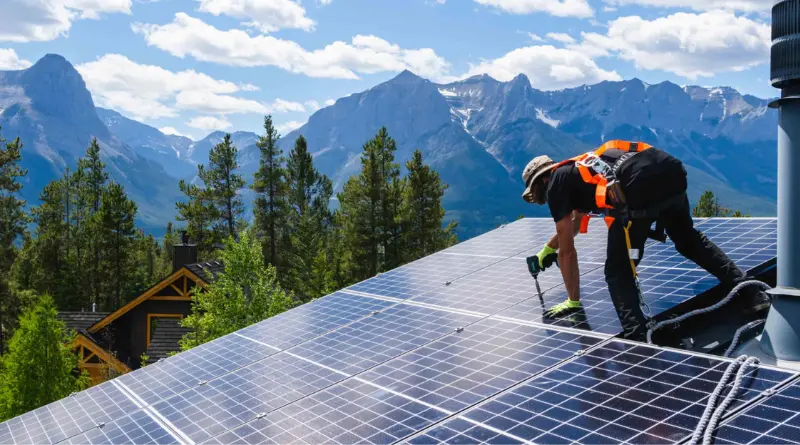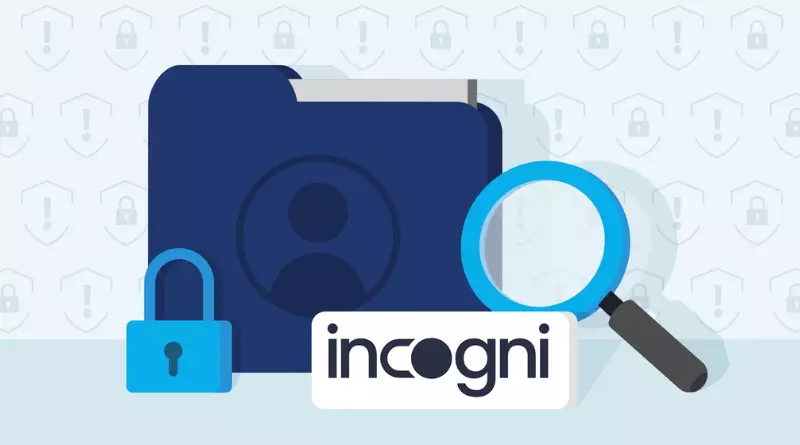The Complete Guide to Estimating the Installation Costs of Solar Panels

Solar panels have gained significant popularity as an environmentally friendly, cost-effective energy solution for homeowners. If you’re new to solar panel installation and unsure where to begin, this comprehensive guide will walk you through the entire process. From selecting the appropriate system to completing the final inspection, you’ll find all the information you need to confidently embark on your solar journey.
Different Types of Solar Panel Systems
Three primary types of solar panel systems are grid-tied, off-grid, and hybrid.
1.Grid-Tied Systems
These systems are connected to the grid and allow you to utilize both solar power and grid electricity. Excess energy generated by solar panels can be fed back into the grid, earning you credits or reducing your energy bills. Grid-tied systems are popular among homeowners who want to reduce their reliance on grid electricity while remaining connected to the utility grid.
2.Off-Grid Systems
Off-grid systems operate independently from the grid. They are self-sufficient and rely on battery storage to store excess solar energy for use during periods when sunlight is limited or unavailable. Off-grid systems are ideal for remote properties or areas without access to grid electricity, providing reliable power in off-grid locations.
3.Hybrid Systems
Hybrid systems combine the benefits of grid-tied and off-grid systems. These systems are connected to the grid, allowing you to draw electricity when needed. They also incorporate battery storage to store surplus energy for later use. Hybrid systems provide the flexibility of utilizing grid electricity as a backup while still benefiting from the self-sufficiency and cost savings of solar power.
Benefits of Solar Panel Installation
Installing solar panels offers multiple advantages, including:
- Reduced Dependence on Non-Renewable Energy:
Solar panels decrease your reliance on grid electricity, which often relies on non-renewable sources. By harnessing clean, renewable energy from the sun, you contribute to a more sustainable future.
- Decreased Carbon Footprint
Solar panel installation helps reduce your carbon footprint by minimizing greenhouse gas emissions associated with traditional energy sources. This contributes to combating climate change and preserving the environment.
- Long-Term Cost Savings
Solar panels can save you money on energy bills in the long run. By generating your own electricity, you reduce or eliminate the need to purchase electricity from the grid, resulting in substantial cost savings over time.
- Increased Home Value
Solar panel installation can increase the value of your home. Properties equipped with solar panels are often considered more desirable by buyers, as they offer energy efficiency and long-term savings. This can make your property a more attractive investment in the real estate market.
By installing solar panels, you can enjoy these benefits while making a positive impact on the environment, saving money, and enhancing the value of your home.
Key Considerations Before Installing Solar Panels
Before proceeding with solar panel installation, it’s important to consider the following factors:
1.Sunlight Availability:
Evaluate the amount of sunlight your property receives throughout the day. Solar panels require direct sunlight to generate optimal energy. If your property is heavily shaded or lacks sufficient sunlight, it may affect the efficiency of the panels.
2.Roof Condition:
Assess the condition and suitability of your roof for solar panel installation. The roof should be structurally sound and have enough space to accommodate the panels. Additionally, the roof’s orientation and angle should be favorable for maximum sunlight exposure.
3.Local Regulations:
Research and comply with local regulations and requirements related to solar panel installation. Some areas have specific permits, codes, and interconnection agreements that need to be followed. Familiarize yourself with these regulations to ensure a smooth installation process.
4.Energy Consumption:
Analyze your current energy consumption to determine the appropriate size and capacity of the solar panel system. Understanding your energy needs will help design a system that can efficiently meet your requirements.
5.Budget:
Consider your budget for solar panel installation. The cost depends on various factors such as the size of the system, panel quality, installation complexity, and additional equipment like inverters and batteries. Assess your financial resources to determine the feasibility of the investment.
By considering these factors before solar panel installation, you can make informed decisions and ensure a successful and cost-effective integration of solar power into your property.
The Cost of Solar Panel Installation
Installing solar panels involves various costs that should be considered:
1.Solar Panel Costs:
The price of solar panels depends on factors like size and brand, with an average range of $2.50 to $3.50 per watt. For a 5kW system, this translates to $12,500 to $17,500. Prices have decreased over time, making solar panels more affordable.
2.Installation Costs:
Installation expenses are influenced by factors such as complexity, location, and chosen company. Typically, installation costs range from $3 to $5 per watt, totaling $15,000 to $25,000 for a 5kW system. Incentives and rebates may be available to reduce these costs.
3.Additional Costs: Additional expenses include:
•Inverter Costs: Inverters convert solar panel-generated DC energy into usable AC energy. Prices range from $1,000 to $3,000.
•Battery Costs: For energy storage, a battery system may be desired, costing between $5,000 to $10,000.
•Permitting Costs: Depending on local regulations, permits may be required, with costs varying from $500 to $2,000.
By considering these cost factors, you can estimate the overall investment required for solar panel installation. Remember to explore available incentives and seek professional guidance to make an informed decision.
Savings with Solar Panels
Installing solar panels can result in significant savings over time. Here are the key ways you can save:
- Electricity Savings:
Solar panels enable you to generate your own electricity, reducing reliance on the grid. This can lead to savings ranging from $10,000 to $30,000 throughout the system’s lifespan.
- Tax Credits and Incentives:
Numerous tax credits and incentives are available for solar panel installation. The federal government offers a tax credit of up to 26% of the installation cost. Additionally, state and local governments provide rebates and incentives, further reducing installation expenses.
- Increased Home Value:
Solar panels can enhance your home’s value. Studies show that homes with solar panels can sell for an average of $15,000 more, according to the Lawrence Berkeley National Laboratory.
By leveraging electricity savings, taking advantage of tax credits and incentives, and benefiting from increased home value, solar panel owners can enjoy long-term financial advantages. Consider these factors when assessing the potential savings associated with solar panel installation.




